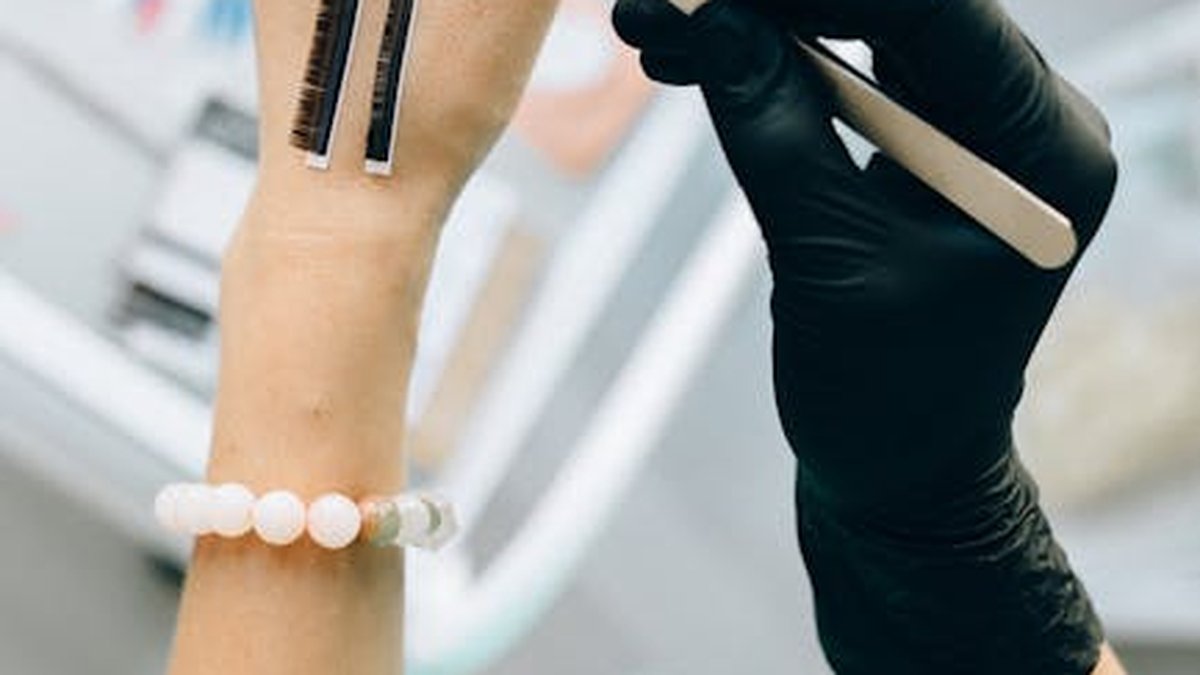The Curious Case of the Cracking Knuckles
Ah, the symphony of pops and clicks emanating from our hands. It’s a sound that can either soothe or send shivers down your spine, depending on your perspective. The act of cracking knuckles is a habit many of us share, often met with warnings and old wives’ tales. But what if I told you that everything you thought you knew about this seemingly harmless habit was wrong? What if those decades of scolding for annoying your family were based on misinformation?
Unraveling the Mystery: What’s Actually Happening?
For years, the prevailing theory was that the sound came from bubbles bursting within the synovial fluid, the lubricant that cushions our joints. But research has evolved! Now, the most accepted explanation involves the formation of gas bubbles in the synovial fluid. As you stretch or bend your joint, the space between the bones increases. This creates negative pressure, causing dissolved gases in the fluid to rush in and form a bubble. The ‘crack’ is the sound of this bubble forming, not bursting.
The Synovial Fluid Connection
Think of synovial fluid as the oil in your car’s engine. It’s essential for smooth movement and reducing friction. The fluid contains dissolved gases like nitrogen, oxygen, and carbon dioxide. When you crack your knuckles, you’re essentially creating a temporary vacuum that draws these gases out of solution. It takes some time for the gases to redissolve, which explains why you can’t immediately crack the same knuckle again.
The Arthritis Myth: Busted!
Perhaps the most persistent myth surrounding knuckle cracking is its supposed link to arthritis. For generations, we’ve been told that this habit will inevitably lead to painful, swollen joints in our later years. But the evidence simply doesn’t support this claim. Numerous studies have examined the relationship between knuckle cracking and arthritis, and the results have been consistently negative.
Also Read: Why Your Heartbeat Changes With Music and Emotions
The Unger Study: A Testament to Harmlessness
One particularly compelling study, conducted by Dr. Donald Unger, stands out. Dr. Unger cracked the knuckles of his left hand every day for over 60 years but never cracked the knuckles of his right hand. He meticulously tracked the health of both hands and found no difference in the incidence of arthritis. He even won an Ig Nobel Prize for his dedication to debunking this myth!
What the Research Shows
While occasional studies may suggest a possible correlation between frequent knuckle cracking and reduced grip strength or hand swelling, these findings are often inconclusive or linked to other underlying conditions. The overwhelming consensus within the medical community is that knuckle cracking itself does not cause arthritis.
When to Be Concerned
While cracking your knuckles is generally harmless, there are situations where joint popping could indicate a problem. If you experience pain, swelling, or limited range of motion in your joints, it’s essential to consult a doctor. These symptoms could be signs of an underlying condition like osteoarthritis, rheumatoid arthritis, or a cartilage injury.
Pay Attention to These Signs:
- Pain: Any discomfort associated with joint popping warrants investigation.
- Swelling: Inflammation around the joint could indicate an injury or underlying condition.
- Limited Range of Motion: Difficulty moving your joint freely could be a sign of stiffness or damage.
- Clicking or Grinding: These sounds, accompanied by pain, could indicate cartilage damage.
So, Crack Away (Responsibly)!
The next time you feel the urge to crack your knuckles, remember that you’re likely not causing any harm. The sound is simply the formation of gas bubbles in your synovial fluid, and the dreaded arthritis connection is largely a myth. However, it’s always wise to be mindful of your body and pay attention to any pain or discomfort. If you’re still concerned, don’t hesitate to seek professional medical advice. But for most of us, the occasional satisfying ‘pop’ is just that – a harmless and sometimes even therapeutic habit.
Ultimately, understanding the science behind everyday habits empowers us to make informed decisions about our well-being. So, embrace the knowledge, dispel the myths, and maybe, just maybe, enjoy that satisfying crack with a little less guilt. It’s a reminder that sometimes, the things we fear most are simply misunderstood, and that seeking the truth can set us free from unnecessary worry.






1 thought on “Why Cracking Your Knuckles Isn’t as Bad as You Think”
Comments are closed.